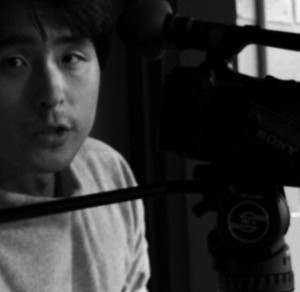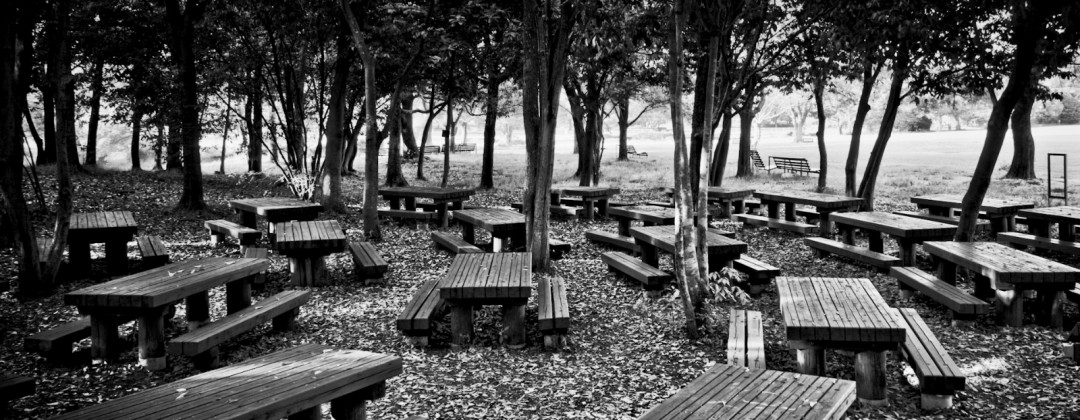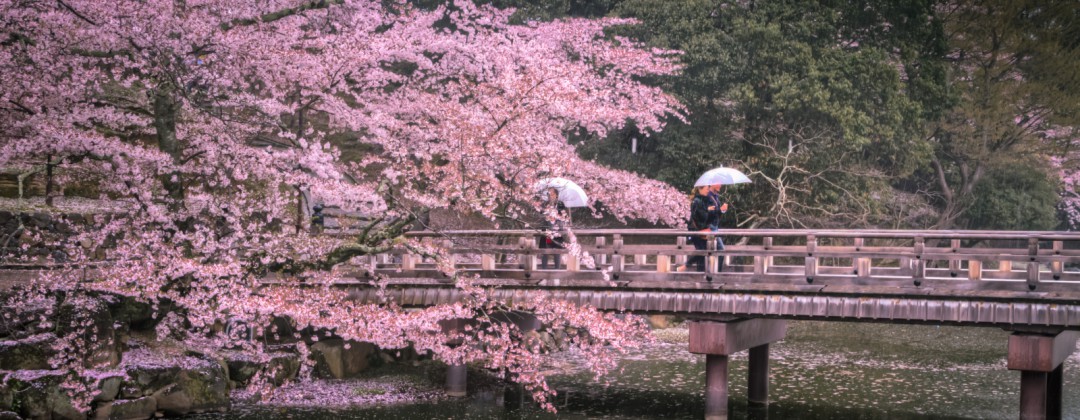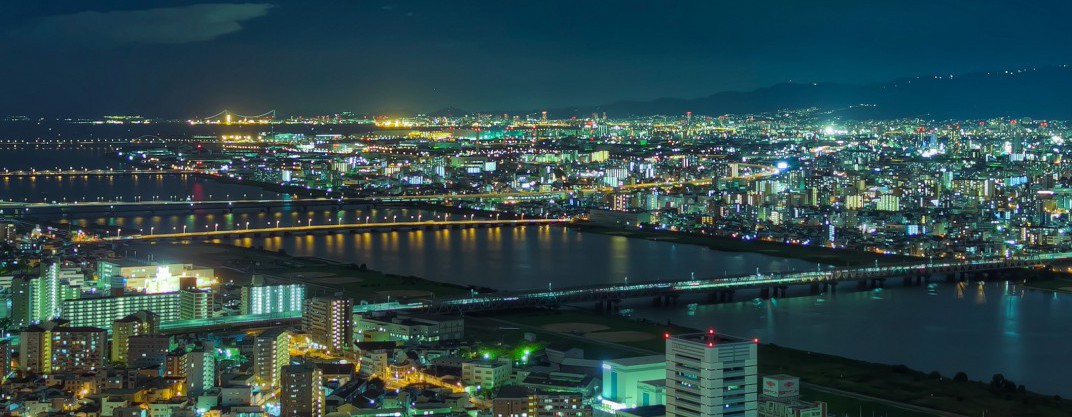Hotaka Matsumura – Filmmaker
Origin: Osaka, Japan Languages: English and Japanese
Bio: Highly productive and creative filmmaker with years of visual storytelling experience since 2012 in filming, editing, directing, and producing films and videos in Osaka, Japan. Possessing a wide range of expertise that demonstrates ingenuity and competence in all stages of production, from inception to screening, spanning films, ENG, documentaries, corporate videos, and commercials.
After graduating from an American university in 2011, he returned to Japan and launched DFS Productions, a video production business catering to foreign companies, based in Osaka. While the majority of his peers in the industry are foreigners living in Japan who do not speak Japanese, DFS has the advantage of being able to communicate directly with both Japanese and English-speaking companies in Japan and abroad. By leveraging this strength, the company has continued to grow to this day. DFS has worked on a wide range of projects in the past, including commercials, corporate, journalism, and documentaries. Its scope of work ranges from cinematography to production assistance, such as fixer services, and in recent years, complete production packages and directing.
As a filmmaker, Hotaka Matsumura belongs to the hybrid generation that has studied both digital cinema, which began with the release of the Canon 5D MKII in the late 2000s, and traditional film. In the realm of individual filmmakers, distinct from studio-scale productions, his contemporaries have experienced significant changes and technological innovations in cinematography, editing, sound, and mise-en-scène. They have witnessed, experienced, and mastered these changes. The lightweight equipment, high specifications, and lower production costs brought by digital technology have enabled small-scale productions, and Hotaka himself has adapted his skills to this production style.
For example, in cinematography, he has experienced a diversification of camera work due to the evolution of support equipment such as gimbals, drones, and action cameras, as well as the flexibility in adjusting color and contrast, increased resolution, slow motion, and time-lapse capabilities. In editing, he has been familiar with non-linear editing since the early stages of digital technology adoption and has mastered the technique of unifying a series of short shots into a single meaning, as seen in The Kikuichi Story trilogy. The digitization of sound has allowed filmmakers to handle almost all processes except composition themselves, and the proliferation of royalty-free music sites has made it possible to create new background music and sound effects through mixing. In terms of mise-en-scène, various visual effects can now be applied, and elements can be added or removed that were not originally present.
Hotaka has gained experience in all of these areas, and his comprehensive filmmaking skills, cultivated over a career spanning more than ten years, are widely reflected in his work today.
As a cinematographer, he possesses a wide range of techniques that enable him to create flexible images and works in line with the director's vision. However, as a director, he projects a strong individuality onto his films. For example, one of the recurring themes he seeks in his own work is self-sacrifice. In a world where rationalism and profit prevail, self-sacrifice often means a senseless death. However, he feels strong sympathy, gratitude, and respect for those who have sacrificed themselves for others, to varying degrees. The specific events of his life that form the basis for this belief are unclear, but major events are concentrated in his late teens, with the most significant event being a dispute with his mother. In the end, his mother's persistent love continued to bind her child for a long time. He asked his mother to let him leave home to pursue his dream of becoming a soccer player when he was in middle school, but she not only refused to support his wish but also sabotaged it. His wish at that time was for his mother to make a final self-sacrifice by freeing her beloved son from her constraints.
In terms of visual style, he prioritizes effective storytelling through a wide variety of styles, thanks to his technical versatility. For example, he frequently employs natural elements such as forests, trees, branches, leaves, plants, and flowers in his mise-en-scène. In production, he is strongly committed to all styles as a filmmaker and believes in exerting strong control or intentionality over all aspects of film technology, including cinematography, editing, sound, and mise-en-scène. For instance, he strongly dislikes the idea of leaving music composition entirely to composers or editing solely to editors.
The following four works, including both independent and commercial projects, form the basis of his distinctiveness as a filmmaker:
- The Kikuichi Story Trilogy (2022) | Advertisement Documentary (15 minutes)
- Farewell! Handwritten Maintenance Tour (2021) | Advertisement Narrative Film (16 minutes)
- Midnight Delivery App (2020) | Mid-length Narrative Film (50 minutes)
- Mother's Birthday (2013) | Mid-length Narrative Film (51 minutes)
These works showcase Hotaka Matsumura's unique qualities as a filmmaker, blending his diverse technical skills and personal thematic interests to create impactful and memorable films. His adaptability and dedication to the craft have positioned him as a notable figure in the world of independent and commercial filmmaking.
The following videos are some of Hotaka's works where he was in charge of director and cinematographer. If you have any questions, please contact us and let us know your project.




